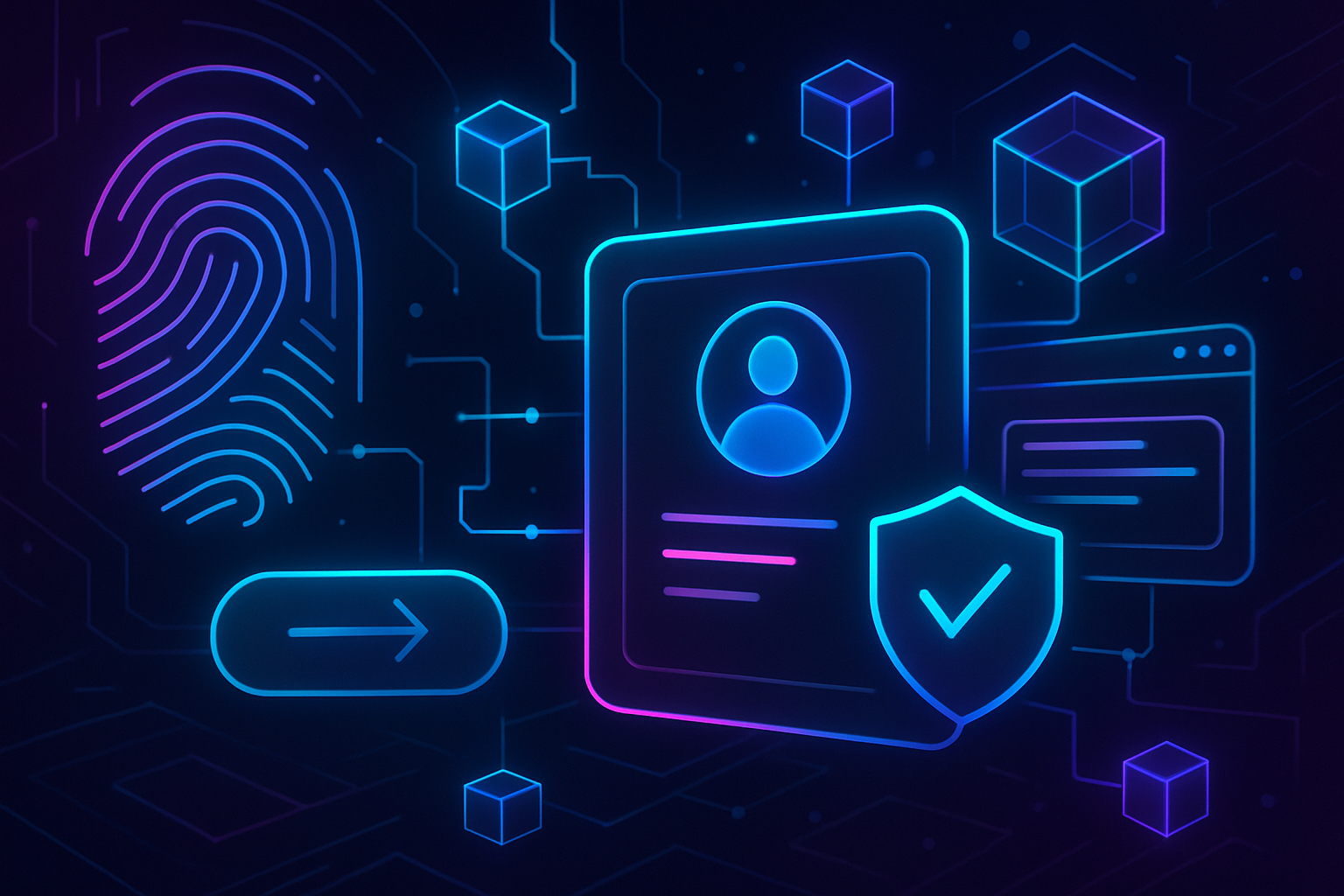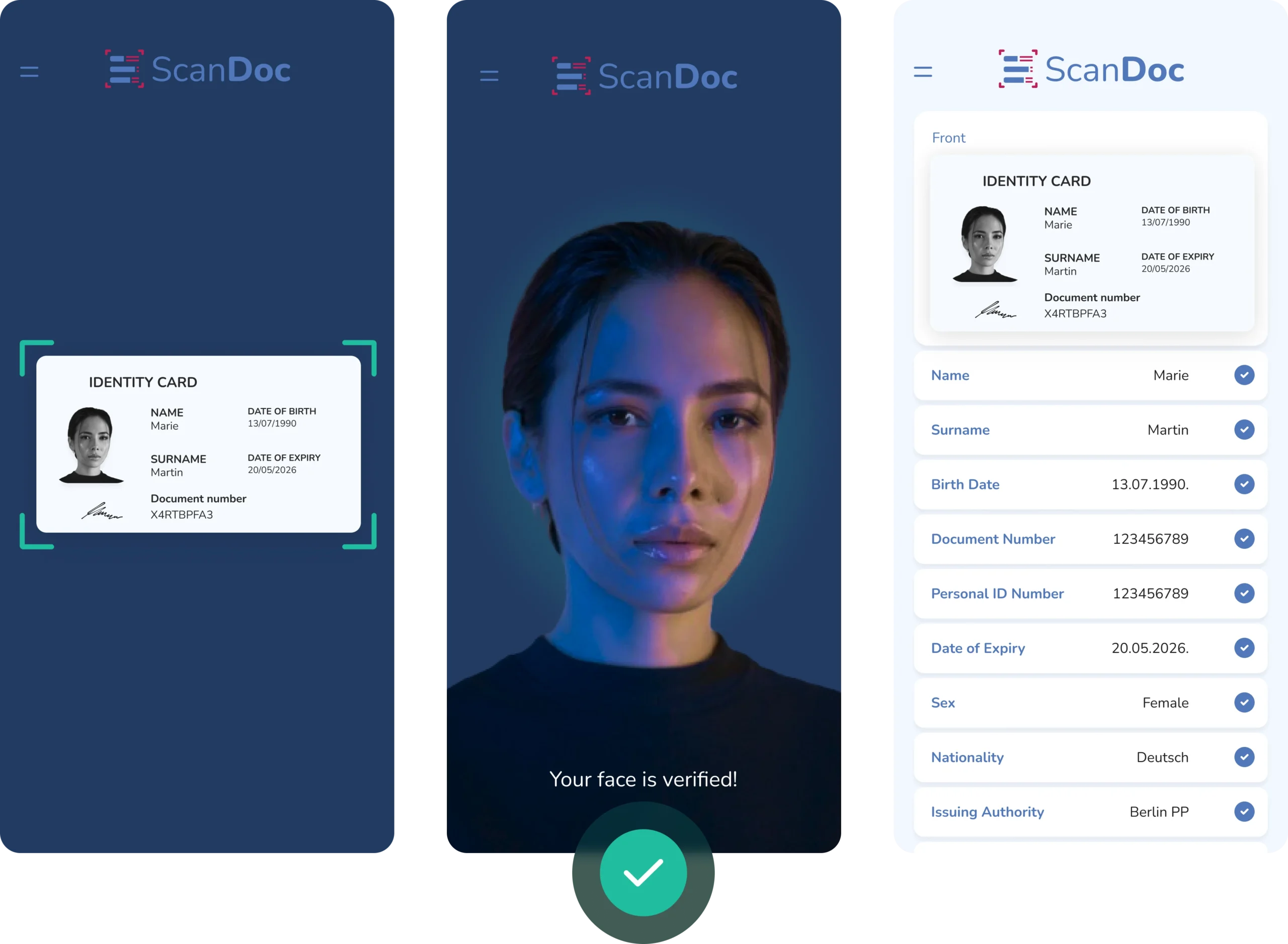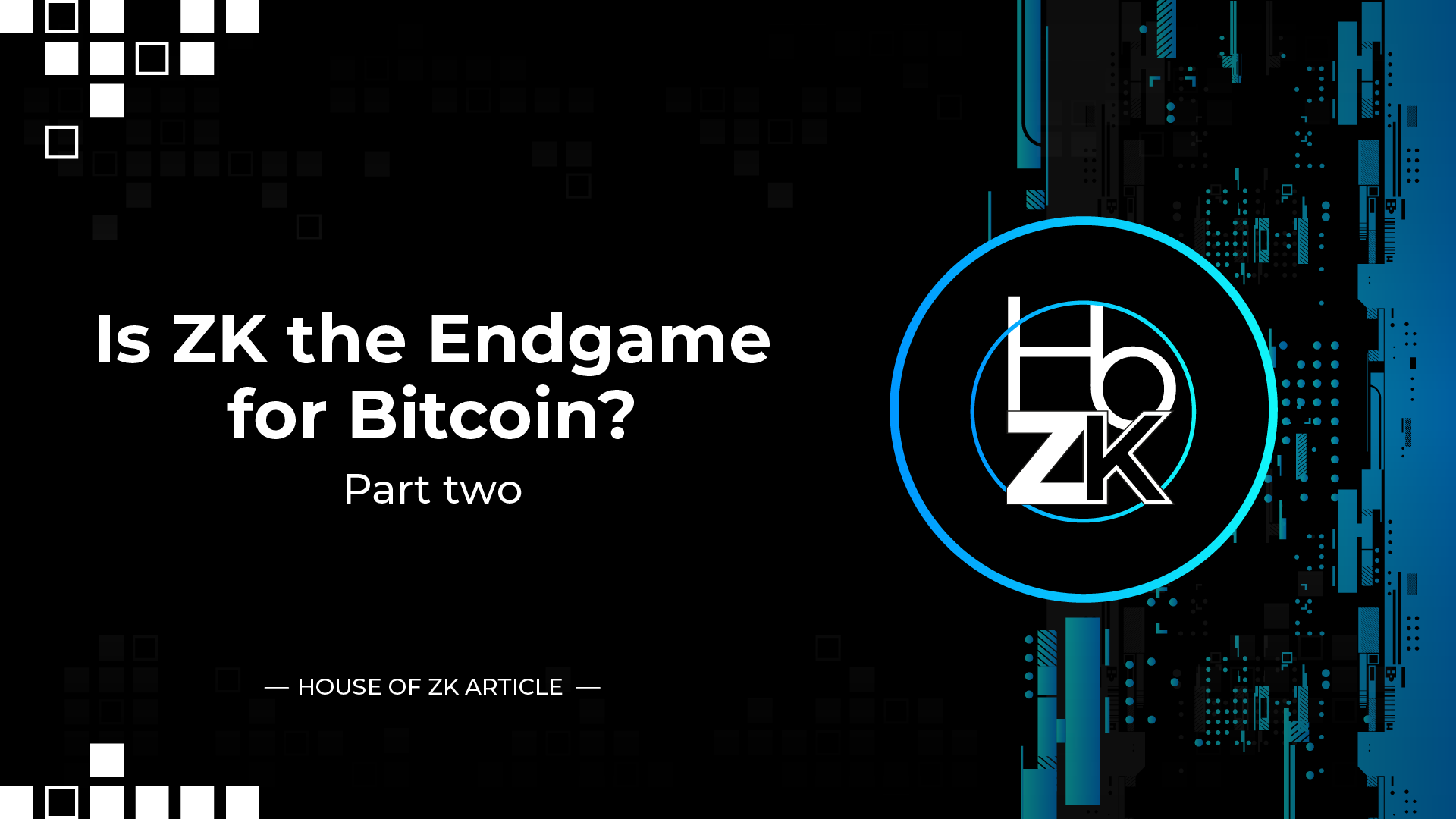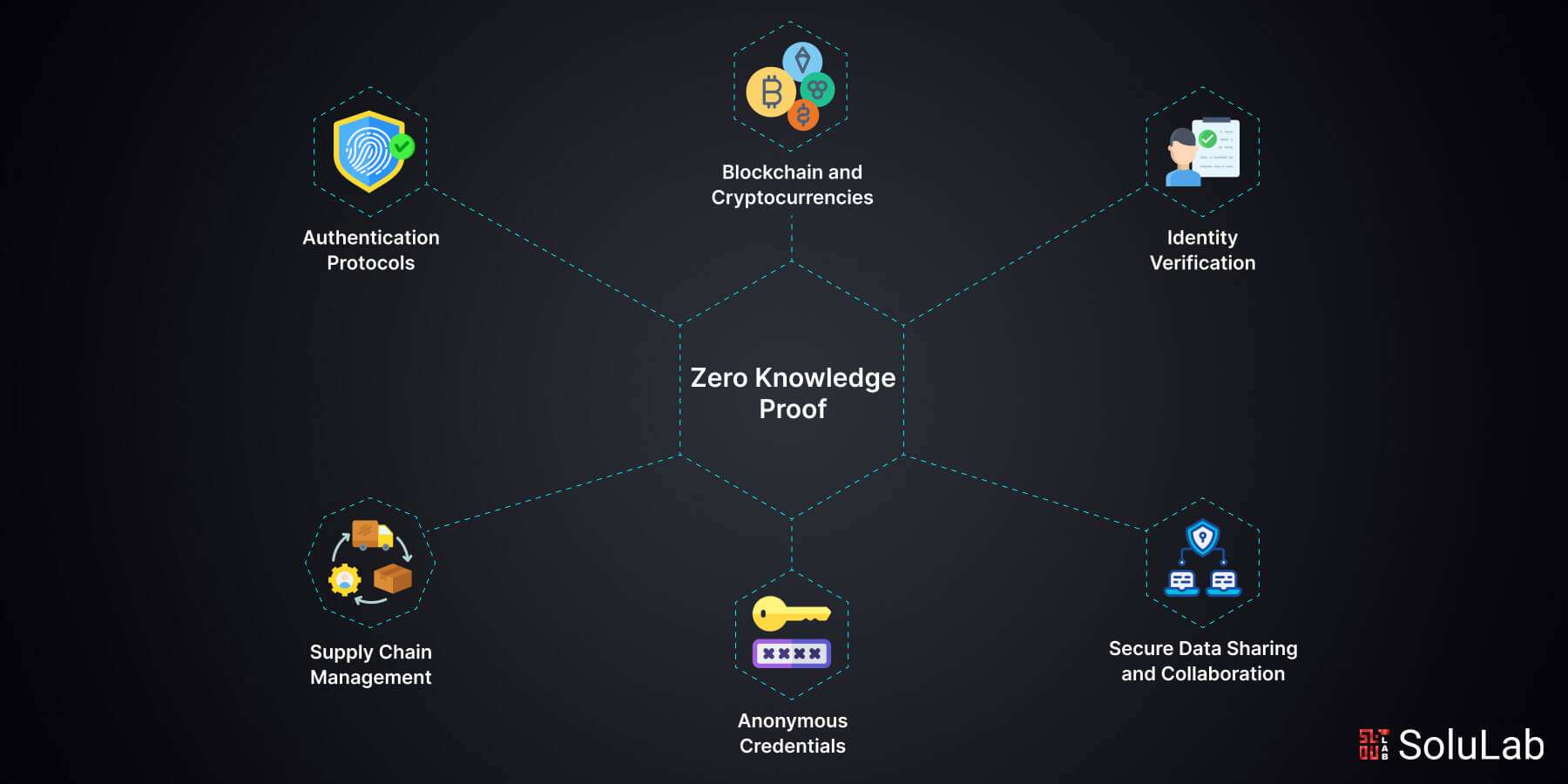
Onchain attested KYC credentials are rapidly reshaping the KYC user experience for Web3 participants, offering a measurable leap forward in security, efficiency, and privacy. Unlike traditional verification processes that frustrate users with repetitive document uploads and long approval times, blockchain-based attestations empower individuals to prove their identity across multiple decentralized platforms with a single, reusable credential. This paradigm shift is not just theoretical – it’s already driving adoption and retention rates in crypto onboarding flows.

Frictionless Crypto Onboarding: Reducing Drop-Offs at Scale
Legacy KYC processes are notorious for high abandonment rates. According to recent data, AI-driven solutions like Checkin. com have slashed onboarding time by up to 90%, eliminating key pain points that deter new users from entering crypto markets (source). By integrating onchain attested credentials, platforms can offer instant verification, letting users access DeFi protocols, NFT marketplaces, or token sales without tedious re-verification. The result is an onboarding process that’s not just faster but also dramatically more secure and user-centric.
Privacy-Preserving Verification: Zero-Knowledge Proofs in Action
One of the most significant innovations in onchain KYC is the use of Zero-Knowledge Proofs (ZKPs). These cryptographic techniques allow users to prove attributes – such as age or residency – without exposing underlying personal data. Projects like zkLogin demonstrate how authentication can be both seamless and private by leveraging existing OpenID accounts while keeping sensitive information off-chain (source). This approach not only satisfies regulatory demands like GDPR but also earns user trust by minimizing data exposure risks.
Key Benefits of Onchain Attested KYC Credentials
-

Streamlined User Onboarding: Platforms like Checkin.com leverage AI-driven onchain KYC to reduce verification time by up to 90%, minimizing friction and accelerating access to digital services.
-

Privacy Preservation with Zero-Knowledge Proofs: Solutions such as zkLogin enable users to verify identity without exposing sensitive data, ensuring compliance with privacy regulations like GDPR.
-

Interoperable and Reusable Credentials: Projects like cheqd offer verifiable KYC credentials that users can securely reuse across multiple platforms, eliminating repetitive processes.
-

Efficient Regulatory Compliance: Platforms such as Altme Wallet provide verifiable credentials for identity and age, helping users and services meet KYC/AML requirements with ease.
-

Enhanced Security and Data Control: Storing KYC credentials on decentralized blockchains reduces the risk of data breaches and identity theft, giving users greater control over their personal information.
Interoperability and Reusability: One Credential, Many Platforms
The true power of onchain attested credentials lies in their interoperability. Instead of submitting documents repeatedly for every new platform, users can leverage a single verified credential across DeFi apps, DAOs, token launches, and more. Initiatives such as cheqd’s reusable KYC/KYB solution enable individuals to retain control over their identity while securely sharing proof with any compliant service (source). This reusability streamlines compliance for organizations while vastly improving convenience for end-users.






